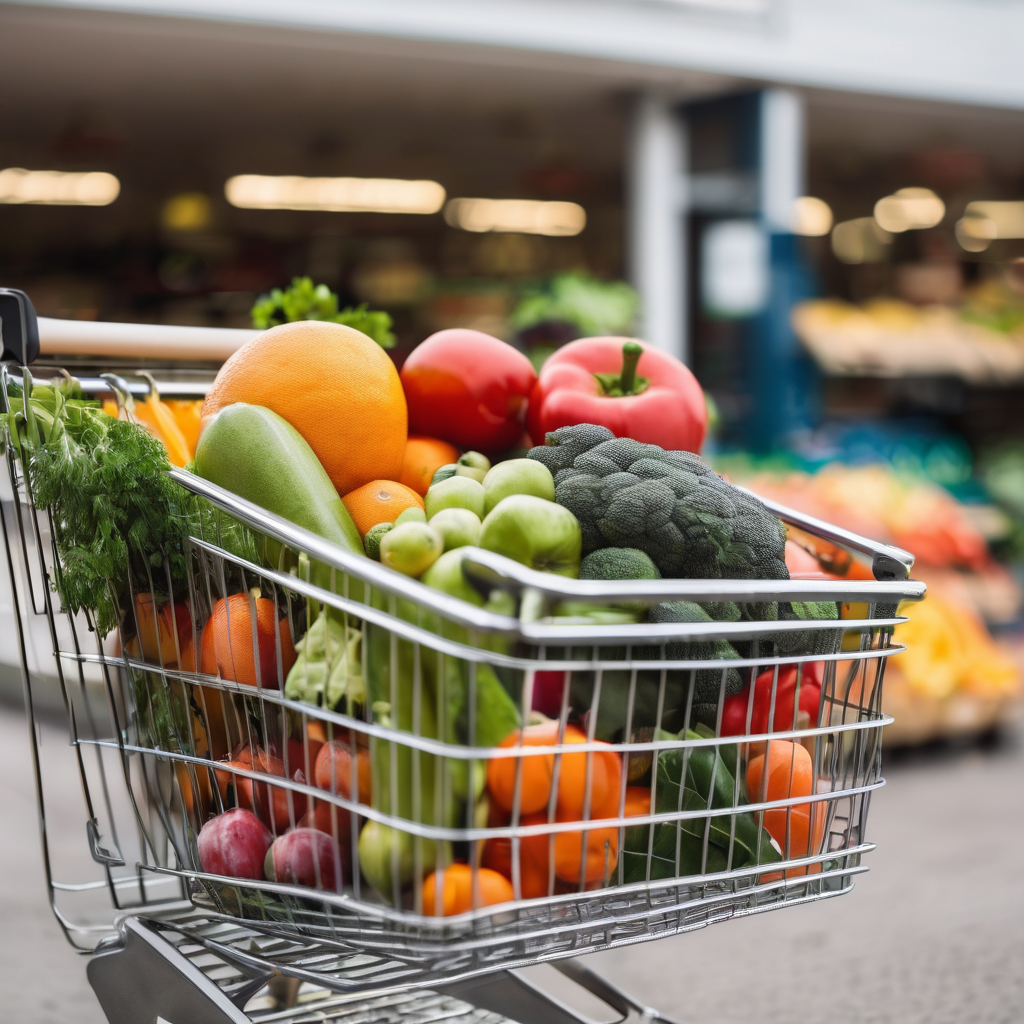A federal judge in Rhode Island has intervened to block the Trump administration’s plan to suspend SNAP (Supplemental Nutrition Assistance Program) benefits for millions of Americans during the ongoing government shutdown. This ruling comes as a result of a temporary restraining order issued by U.S. District Judge John McConnell, following legal actions taken by cities, nonprofits, and a union that argued the USDA’s planned suspension was illegal. McConnell emphasized the urgent need for the administration to utilize emergency funds to ensure that food aid continues without interruption.
The judge’s decision followed another ruling from a Boston court, where Judge Indira Talwani expressed skepticism over the legality of the administration’s plan to halt benefits. Talwani highlighted the obligation of the government to maintain food assistance, regardless of the funding challenges posed by the shutdown. The urgency of the matter was underscored by McConnell’s statement regarding the irreparable harm that families could face due to fears over food availability.
New York Governor Kathy Hochul has vocally supported the court’s ruling, urging the Trump administration to grant emergency nutrition assistance to the 3 million New Yorkers who would otherwise lose their SNAP benefits starting tomorrow. Hochul criticized the necessity of legal action to ensure families can afford food, asserting that the state is prepared to protect its residents during this crisis by fast-tracking over $100 million for food banks and declaring a state of emergency.
Following the court’s decisions, Senator Amy Klobuchar reiterated that the administration now has no valid justification for withholding food assistance from needy Americans, emphasizing the court’s mandate to utilize contingency funds to keep the program operational. She called upon the Trump administration to respond swiftly to the court’s orders to prevent unnecessary suffering among families reliant on this critical support.
This legal battle highlights the ongoing challenges faced by millions of Americans as government services are affected by political disputes. The SNAP program, which assists approximately 42 million individuals, is critical in addressing food insecurity, and any disruption to its funding could have significant ramifications for those dependent on it during these challenging times. As various states and organizations rally for support, the courts are stepping in to ensure that vulnerable populations continue to receive the aid necessary for their survival.
